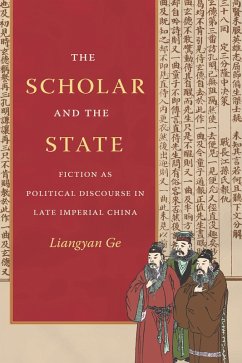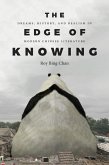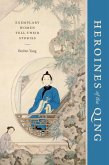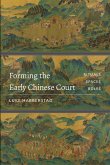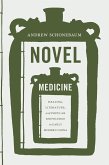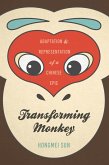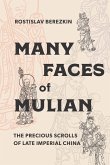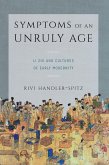In imperial China, intellectuals devoted years of their lives to passing rigorous examinations in order to obtain a civil service position in the state bureaucracy. This traditional employment of the literati class conferred social power and moral legitimacy, but changing social and political circumstances in the Ming (13681644) and Qing (16441911) periods forced many to seek alternative careers. Politically engaged but excluded from their traditional bureaucratic roles, creative writers authored critiques of state power in the form of fiction written in the vernacular language.
In this study, Liangyan Ge examines the novels Romance of the Three Kingdoms, The Scholars, Dream of the Red Chamber (also known as Story of the Stone), and a number of erotic pieces, showing that as the literati class grappled with its own increasing marginalization, its fiction reassessed the assumption that intellectuals' proper role was to serve state interests and began to imagine possibilities for a new political order.
The open access publication of this book was made possible by a grant from the James P. Geiss and Margaret Y. Hsu Foundation.
In this study, Liangyan Ge examines the novels Romance of the Three Kingdoms, The Scholars, Dream of the Red Chamber (also known as Story of the Stone), and a number of erotic pieces, showing that as the literati class grappled with its own increasing marginalization, its fiction reassessed the assumption that intellectuals' proper role was to serve state interests and began to imagine possibilities for a new political order.
The open access publication of this book was made possible by a grant from the James P. Geiss and Margaret Y. Hsu Foundation.
Dieser Download kann aus rechtlichen Gründen nur mit Rechnungsadresse in A, D ausgeliefert werden.

